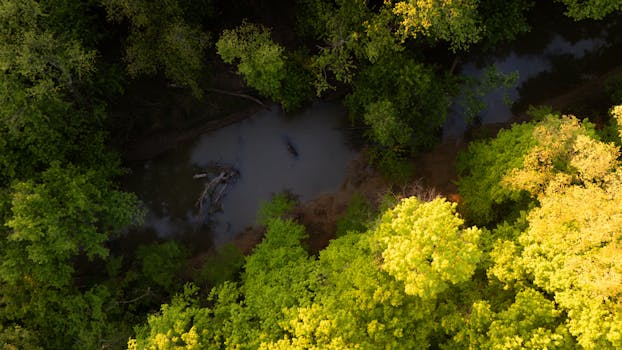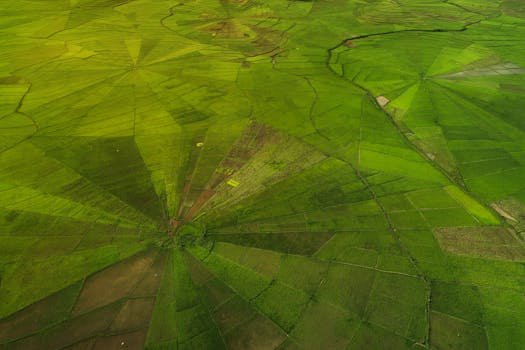
The Impact of Climate Change on Global Ecosystems
Climate Change is one of the most pressing issues of our time, with far-reaching consequences for our planet and its inhabitants. The impact of climate change on global ecosystems is a complex and multifaceted issue, affecting not only the environment but also human societies and economies.
Introduction to Climate Change

Climate change refers to the long-term warming of the planet due to an increase in average global temperatures. This warming is primarily caused by the increasing levels of greenhouse gases in the Earth’s atmosphere, such as carbon dioxide and methane, which trap heat and prevent it from being released back into space.
Impacts on Global Ecosystems

The impact of climate change on global ecosystems is widespread and varied. Rising temperatures are altering the distribution and behavior of plants and animals, leading to changes in the composition and functioning of ecosystems. This can have cascading effects, leading to the loss of biodiversity and ecosystem disruption.
Consequences for Human Societies
The impact of climate change on global ecosystems also has significant consequences for human societies. Changes in temperature and precipitation patterns can affect agricultural productivity, leading to food insecurity and economic losses. Additionally, climate-related disasters such as hurricanes, droughts, and wildfires can have devastating effects on human populations and infrastructure.
Case Studies: Climate Change in Action

There are many examples of the impact of climate change on global ecosystems. The melting of Arctic sea ice, for example, is altering the habitats of polar bears and other Arctic species. The bleaching of coral reefs due to rising ocean temperatures is affecting the livelihoods of people who depend on these ecosystems for fishing and tourism.
Solutions and Adaptation Strategies
While the impact of climate change on global ecosystems is significant, there are steps that can be taken to mitigate and adapt to these changes. Reducing greenhouse gas emissions through the use of renewable energy sources, increasing energy efficiency, and protecting natural habitats can help to slow the rate of climate change. Additionally, implementing adaptation strategies such as sea walls, climate-resilient agriculture, and early warning systems for climate-related disasters can help to reduce the risks associated with climate change.
Conclusion

In conclusion, the impact of climate change on global ecosystems is a pressing issue that requires immediate attention and action. By understanding the causes and consequences of climate change, we can work towards reducing its impacts and creating a more sustainable and resilient future for all.



